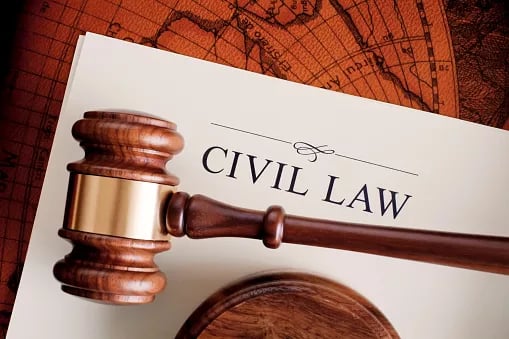Understanding Civil Laws
Civil law is the branch of law that deals with the rights and obligations of individuals and organizations in their private relationships. It encompasses a broad range of legal matters that affect people in their everyday lives—from property and family issues to contractual disputes and personal rights.
Key Areas Covered Under Civil Law:
Property Disputes:
These include matters related to ownership, possession, inheritance, partition of property, and boundary issues.Family Matters:
Civil law governs family-related cases such as marriage, divorce, child custody, maintenance, adoption, and succession.Contractual Disputes:
Issues arising from written or verbal agreements—such as breach of contract, non-performance, or misrepresentation—are addressed under civil law.Tort and Compensation Claims:
This includes legal remedies for personal injury, defamation, or negligence causing loss or harm.Injunctions and Declaratory Reliefs:
Civil courts may be approached for injunctions to prevent unlawful actions or for declarations regarding legal rights and status.
Civil Litigation Process
The civil litigation process typically begins with the filing of a plaint in the appropriate civil court. It involves submission of evidence, examination of witnesses, and legal arguments before a judgment is delivered. Civil matters are decided based on the preponderance of probabilities, rather than "beyond reasonable doubt" as in criminal law.
Jurisdiction and Forums
Civil disputes are adjudicated in District Civil Courts, and in certain cases, may progress to High Courts or even the Supreme Court of India through appeals and special leave petitions.
This page serves as a general introduction to civil laws and their application. If you're involved in a civil matter or wish to understand your legal rights and remedies, it's advisable to refer to the relevant statutes or consult a qualified legal professional.


Expertise
Comprehensive legal solutions for diverse needs.
Contact
✉️ Our Email
© 2025. All rights reserved.
Advocate Sukhkarandeep singh vaid
quick links
